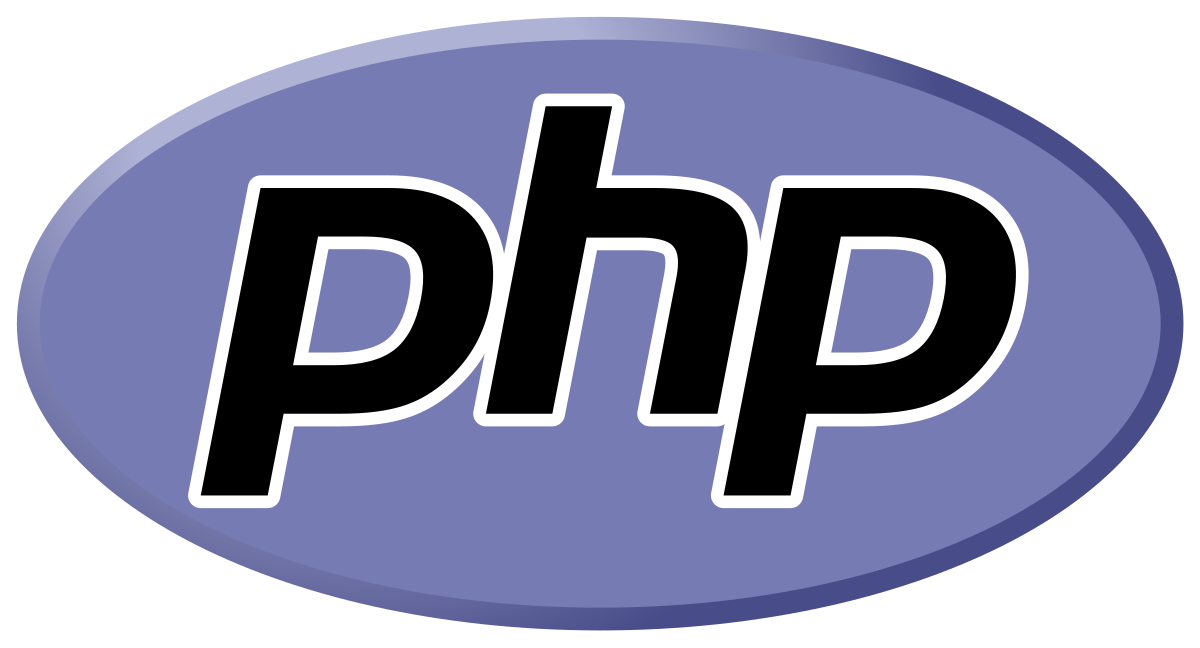PHP skill development refers to the process of learning and acquiring the skills and knowledge necessary to become proficient in PHP (Hypertext Preprocessor), a widely used server-side scripting language for web development. PHP is known for its ability to create dynamic and interactive web applications, ranging from simple websites to complex web-based systems. PHP skill development typically covers a range of topics and skills related to PHP development, including:
-
PHP Syntax: Understanding PHP's syntax, variables, data types, and operators is essential for writing PHP code.
-
Control Structures: Learning how to use control structures like if statements, loops (for, while, foreach), and switch statements to control program flow.
-
Functions: Creating and using functions to modularize code and promote reusability.
-
Arrays: Working with arrays, including indexed arrays, associative arrays, and multidimensional arrays.
-
Database Integration: Connecting PHP to databases (e.g., MySQL, PostgreSQL) to perform CRUD (Create, Read, Update, Delete) operations.
-
Object-Oriented Programming (OOP): Exploring OOP principles in PHP, including classes, objects, properties, and methods.
-
Form Handling: Processing HTML forms, validating user input, and interacting with form data.
-
Session Management: Managing user sessions and cookies to maintain state across web pages.
-
File Handling: Reading and writing files, handling file uploads, and working with directories.
-
Security Best Practices: Understanding PHP security vulnerabilities and implementing best practices to secure web applications.
- Error Handling and Debugging: Identifying and resolving errors in PHP code, debugging techniques, and error reporting.
- Authentication and Authorization: Implementing user authentication and authorization systems to secure web applications.
-
RESTful API Development: Creating RESTful APIs with PHP for building backend services and supporting client-server communication.
- Frameworks: Introduction to popular PHP frameworks like Laravel, Symfony, and CodeIgniter, which provide structured and efficient development environments.
-
Deployment and Hosting: Deploying PHP applications to web servers and configuring hosting environments.
- Performance Optimization: Techniques for optimizing PHP code and improving web application performance.
- Testing: Writing unit tests and conducting testing to ensure the reliability and functionality of PHP applications.
- Project Work: Applying learned skills through hands-on projects, which can range from creating dynamic websites to building web applications.

